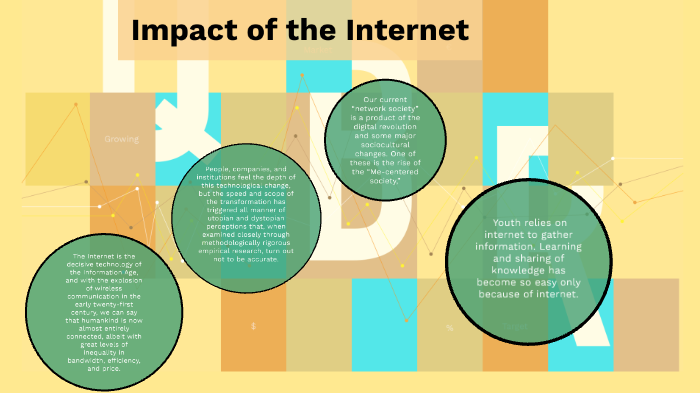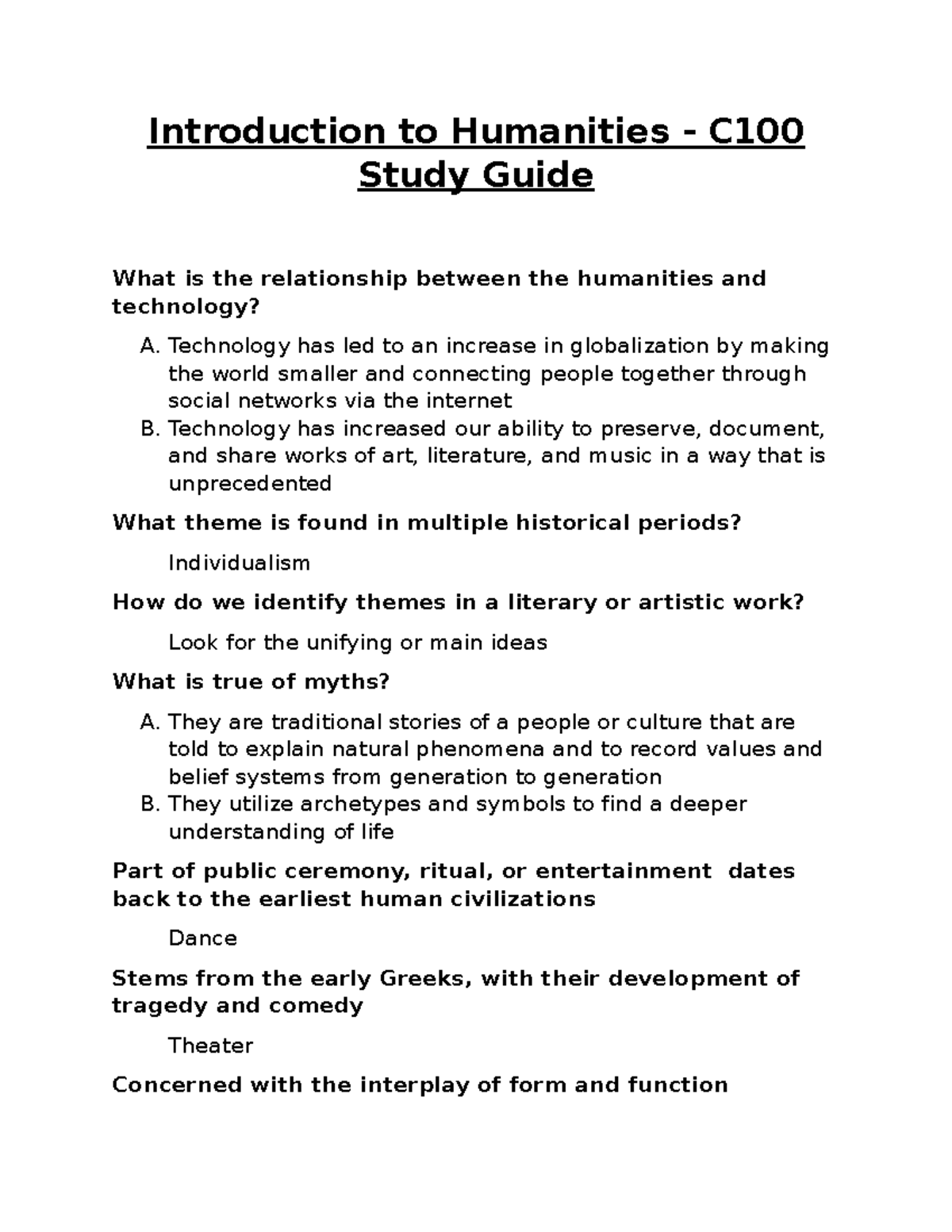The impact of the internet on fiction has been profound, shaping how stories are told and consumed in today’s digital age. As writers navigate the complexities of online platforms, they must contend with the challenges of social media and storytelling, which can blur the lines between personal expression and public scrutiny. eBooks and reading have made literature more accessible than ever, allowing readers to discover new authors from the comfort of their homes. However, this instant access can also detract from the deep, immersive experience that traditional reading once provided. In a world where fiction today often reflects the haste of the digital realm, the art of storytelling finds itself at a crossroads, balancing the allure of technology with the need for genuine emotional connection.
Exploring the effects of the internet on narrative forms reveals a transformation in how literature is engaged with, as writers adapt to the omnipresent digital landscape. The intersection of virtual communication and storytelling has given rise to a new era where literature is not just read but performed and critiqued in real-time. This shift has birthed both innovative opportunities and daunting hurdles for authors as they strive to captivate audiences whose attention spans have been influenced by the rapid-fire nature of online content. Additionally, the rise of digital publishing formats has democratized access to literature, making the written word more accessible but also creating a saturation of options for readers. Ultimately, this dynamic environment poses significant questions about the future of fictional narratives and their ability to convey the depth of human experience.
The Transformation of Fiction in the Digital Age
The evolution of fiction in the digital age has been profound, influenced heavily by the advent of the internet and social media. Writers today face new expectations and challenges that were rarely present before. In contrast to the past, where a writer could simply create for the solitary reader, today’s authors must create with the ‘audience’ in mind, responding to a vast array of opinions shared online. This shift means that literature no longer resides solely in the private realm of personal truth; instead, it is often shaped and reshaped by public feedback and trending tastes.
The internet has democratized the landscape of fiction, making it accessible to a wider audience. However, it has also led to a homogenization of styles and themes, as writers adjust their narratives to cater to popular trends and social media feedback. The immediate nature of online interactions can detract from the depth of storytelling, reducing complex characters and nuanced narratives into easily digestible sound bites. Thus, while the digital age expands the reach of fiction, it simultaneously poses significant risks to the integrity and richness that literature can offer.
Impact of the Internet on Readers and Writers
The internet has transformed readers into active participants rather than passive consumers of fiction. Platforms like Goodreads and social media channels like Twitter and Instagram allow readers to share their thoughts, recommendations, and critiques in real-time, directly influencing the visibility and success of books. This direct feedback loop creates a dynamic environment for writers, who can engage with their audience but may also feel pressured to conform to prevailing tastes. This shift raises questions about the balance between artistic integrity and marketability in fiction.
Conversely, the internet provides overwhelming distractions that can hinder the reading experience. The influx of information and entertainment options means that readers are often multitasking, making it difficult to engage deeply with a novel. This results in shortened attention spans, leading to skimming rather than immersive reading. Authors may need to adapt their storytelling techniques to capture more fleeting attention, which could compromise the narrative depth that characterizes great fiction. Ultimately, the internet’s impact on literature is multifaceted, shaping both how stories are told and how they are received.
Social Media and Storytelling: A Double-Edged Sword
Social media platforms have become integral to the way stories are shared and discussed. They serve as a venue for writers to connect with readers, promoting their works and building a community around their writing. However, this immediacy can also dilute the storytelling experience. Writers might feel compelled to summarize their narratives into bite-sized pieces for posts or engage in constant self-promotion, which can detract from the careful crafting of their novels. The need for instant feedback can lead to a focus on sensationalism rather than substance.
Moreover, social media can foster a culture of comparison and competition among writers, sometimes leading to a loss of originality. Traditional storytelling norms can become secondary to algorithms and marketing trends, where likes and shares may dictate success more than a narrative’s depth or innovation. Hence, while social media offers valuable promotional opportunities, it also poses significant challenges that authors must navigate to stay true to their creative vision.
The Rise of eBooks and Shifts in Reading Habits
The rise of eBooks has revolutionized the reading experience, providing unprecedented accessibility and convenience for readers. With devices such as eReaders and tablets, readers can carry vast libraries in their pockets and have access to a global selection of literature. This immediacy allows for instant purchases and downloads, effectively changing how and when people consume fiction. It also enables readership across diverse demographics, as eBooks can often be more affordable than physical copies.
However, this digital format also comes with its own challenges, notably the potential decrease in engaged reading time. Readers accustomed to the distractions of notifications and the multitasking environment of digital platforms may struggle to devote complete attention to eBooks, leading to a shift in how narrative complexity is perceived and appreciated. Moreover, the tactile experience of holding a book and its intrinsic connection to the reading ritual are often lost in the transition to digital formats, raising concerns about the overall impact on reading culture.
Digital Age Writing Challenges for Authors
As writers navigate the digital landscape, they face unique challenges that impact their craft. The pressure to maintain an online presence and engage with their audience can detract from the significant time needed for writing. Balancing social media promotion with the demands of creating compelling narratives can feel like a juggling act, often stressing the need for quick engagement rather than thoughtful composition. This challenge can dilute the focus on the writing process itself, forcing authors to divide their attention.
Moreover, the ease of access to a vast array of information can sometimes lead to an overwhelming sense of inadequacy among writers. The constant influx of polished narratives and successful peers can lead to self-doubt and fatigue, prompting many to question the value of their own stories. Thus, while the digital age offers new tools for creativity, it also imposes mental hurdles that writers must overcome to find their authentic voice in an increasingly commercialized literary market.
Fiction Today in the Digital World
Fiction in today’s digital world represents a unique blend of tradition and innovation. Contemporary authors are challenged to remain relevant in an age where media consumption has significantly shifted due to technology. While the core of storytelling remains unchanged—seeking to explore the human experience and elevate emotional truths—how stories are told and shared has evolved dramatically. Writers are now more likely to harness multimedia aspects and experiment with formats, blurring the lines between various literary genres.
At the same time, the proliferation of digital platforms has brought about a greater variety of voices into the literary sphere. Independent publishing and online distribution channels empower authors who previously may have been sidelined by traditional publishing routes. However, this democratization may lead to an overwhelming volume of content, making it difficult for readers to sift through and discover quality narratives. Ultimately, while the digital world poses challenges and complexities for fiction today, it equally provides opportunities for richer storytelling and broader outreach.
The Influence of Audience Opinions on Writing
In the past, fiction writers received feedback primarily through critics, book reviews, and personal interactions with a smaller readership. Today, with social media and online platforms, audience opinions can sway the direction of a writer’s work almost instantaneously. Writers often have to contend with online reviews, tweets, and posts that can shape the public perception of their stories, significantly impacting their reputations and future projects. The necessity to cater to audience feedback can lead to a homogenization of creative products, constricting the diversity of themes and narratives within fiction.
However, audience engagement can also foster a strong bond between readers and writers, encouraging dialogue that can enrich the literary experience. Many authors utilize feedback to enhance their storytelling, experimenting with character development and plot twists based on real-time reader reactions. This interaction can lead to a participatory culture where readers feel invested in the creative process, potentially revitalizing the storytelling craft. Thus, while the influence of audience opinions presents complexities, it can also nurture a collaborative spirit that shapes the landscape of contemporary fiction.
Resilience of Storytelling Amidst Digital Distractions
Despite the overwhelming distractions of the internet and digital devices, the essence of storytelling remains resilient. Fiction continues to be a vital means of exploring complex human emotions and experiences, with many readers seeking deeper connections through narratives. While the modes of consumption may alter over time, the fundamental human need for stories endures. Writers are discovering innovative ways to captivate their audiences amid the barrage of diversions, creating engaging plotlines that resonate emotionally and provoke thoughtful dialogue.
Moreover, readers often turn to fiction as a means of escape from the chaos of the digital world. Well-crafted narratives have the unique ability to transport individuals, offering respite and reflection in a fast-paced environment. As the challenge of maintaining attention intensifies, there is an opportunity for writers to deepen their craft, focusing on authenticity and emotional truth that can cut through digital noise, reminding audiences of the power of storytelling in connecting us all.
Future Prospects for Fiction in the Internet Era
The future of fiction in the internet era poses intriguing possibilities as technological advancements continue to shape the literary landscape. Virtual reality, interactive storytelling, and AI-driven narratives are just a few of the innovations that could redefine what storytelling means. Writers may harness these tools to create immersive experiences, allowing readers to engage with stories in unprecedented and personalized ways. Such advancements could democratize narratives even further, empowering readers to influence the trajectory of plotlines or character choices.
Yet, as we look ahead, it is essential to retain a focus on the core elements that define great literature. The essence of storytelling—communicating universal truths and evoking empathy—remains critical in the face of changing formats and technologies. Authors must strive to adapt while preserving the integrity of their narratives, ensuring that fiction continues to resonate on a deeply human level. The ongoing dialogue between tradition and innovation in storytelling will ultimately shape the future of fiction as it intertwines with the evolving digital world.
Frequently Asked Questions
How does the internet affect literature and the way we consume fiction?
The internet has revolutionized literature by altering how we access and consume fiction. eBooks provide instant access to a vast library, enabling readers to discover new works easily. Social media also plays a crucial role, turning readers into audiences who share their opinions and recommendations, which can significantly impact a book’s popularity. However, this shift can lead to distractions, as the competition for attention from countless online platforms creates challenges for both readers and writers.
What are the challenges of digital age writing related to the impact of the internet on fiction?
Digital age writing poses several challenges for authors, primarily due to the pervasive influence of social media on reader expectations and preferences. Writers often feel pressured to cater to mass opinions, which can stifle creativity and riskiness in storytelling. Additionally, the instantaneous nature of online feedback can deter writers from exploring deeper, more personal narratives, shifting focus from authentic expression to commercial viability.
In what ways has social media influenced storytelling in today’s fiction?
Social media has transformed storytelling by creating a platform for immediate audience feedback, shaping narratives based on public sentiment. This interactivity enables writers to gauge reader interest quickly, but it may also lead them to prioritize trends over innovative storytelling. Consequently, some authors might limit their exploration of complex themes or character development, focusing instead on sensationalism to capture attention in a crowded digital landscape.
How have eBooks changed the reading landscape and the production of fiction?
eBooks have made literature more accessible than ever, allowing readers to carry entire libraries in their pockets. This convenience enables diverse reading habits, with many readers discovering new authors online. However, the rise of eBooks also challenges traditional publishing models, as self-published authors now compete on a level playing field, often leading to an overwhelming amount of content that can obscure quality works.
What impact has the internet had on the narrative structures used in contemporary fiction?
The internet has shifted narrative structures in contemporary fiction, often reducing the efficacy of traditional plot devices like characters getting lost or disconnected, as these scenarios are less plausible in an always-connected world. As fictional narratives adapt to reflect our digitally dominated lives, writers may explore new themes and structures that resonate with modern readers, emphasizing connectivity over isolation.
How does the digital age impact a writer’s ability to conduct research for fiction?
The internet has vastly improved the efficiency of research for fiction writers, providing immediate access to vast databases, historical archives, and diverse perspectives online. This wealth of information enables authors to build more informed and authentic narratives. However, reliance on digital resources might sometimes compromise the depth of research that comes from immersive experiences or firsthand interviews.
Can fiction in the digital age retain emotional truth despite the challenges posed by the internet?
Yes, fiction can still retain emotional truth in the digital age. While challenges like the need for immediate audience approval exist, many writers strive to create authentic narratives that delve into the human experience. The internet allows for broader dissemination of these stories, fostering empathy and connection among readers. Ultimately, fiction can thrive by navigating the tension between digital distractions and deep emotional engagement.
What are the implications of the internet on the future of storytelling in fiction?
The implications of the internet on storytelling in fiction include both opportunities and challenges. While it democratizes the publishing process and allows diverse voices to emerge, it also risks diluting narrative quality amid the noise of viral trends. The future of storytelling will likely involve finding a balance between leveraging digital tools for engagement while remaining committed to crafting authentic, immersive narratives that resonate with readers.
How has the ease of sharing recommendations through the internet changed the landscape of fiction?
The ease of sharing recommendations through the internet has created a new landscape for fiction, where word-of-mouth can rapidly elevate lesser-known books to bestseller status. Platforms like social media, book blogs, and online communities allow readers to connect over shared interests, forming a collaborative reader culture that can empower indie authors and diversify the literary marketplace.
What role does authenticity play in fiction today, given the internet’s influence?
Authenticity is crucial in today’s fiction, especially as readers are increasingly savvy and can detect insincerity. However, the internet’s influence can pressure writers to conform to popular trends rather than pursue personal truths. For lasting impact, contemporary fiction must strike a balance, embracing unique voices while navigating the shifting expectations shaped by digital culture.
| Key Point | Author | Perspective |
|---|---|---|
| Readers have become audiences, shifting the dynamics of personal engagement in fiction. | Greg Jackson | The internet has turned readers into viewers influenced by public opinion, compromising deep, personal storytelling. |
| The internet serves as a research tool that enhances knowledge but competes for reading time. | Scott Turow | The convenience of online research makes fiction more informative, but also distracts from dedicated reading. |
| The disappearance of characters getting lost or disconnected due to constant connectivity. | Jennifer Finney Boylan | Stories that relied on isolation and disconnection are becoming obsolete. |
| Internet archives provide invaluable historical research, enriching the narrative context. | Julie Orringer | Accessing past newspapers and radio shows helps craft more nuanced stories but may lack emotional depth. |
| Reading is less extensive and deep due to online distractions. | Weike Wang | While easier access to information is beneficial, it impacts the depth of engagement with fiction. |
| Temporal and emotional truths are crucial for meaningful narratives despite internet distractions. | Min Jin Lee | Fiction retains the potential to convey emotional authenticity despite the quick consumption preferred online. |
| Books provide enduring knowledge that quick internet articles can’t match. | Andrè Aciman | Younger generations often prioritize quick information over in-depth reading, impacting literary culture. |
| Face-to-face interactions remain essential for capturing the full human experience in fiction. | Yxta Maya Murray | While the internet aids research, it cannot replace the depth gained through personal interactions. |
Summary
The impact of the internet on fiction is profound and multifaceted. It has transformed readers into audiences, influenced tastes through social media, and offered unparalleled access to research. While writers now benefit from easy online resources, they also face challenges such as diminished depth in reading and storytelling. The advent of the internet has altered narrative structures, making traditional plot devices such as characters getting lost less relatable in our connected world. Despite these changes, fiction remains an essential medium for conveying emotional truths and complex human experiences that cannot be replicated by online interactions alone. Ultimately, while the internet has reshaped how stories are created and consumed, the essence of fiction as a tool for empathy and understanding endures.



